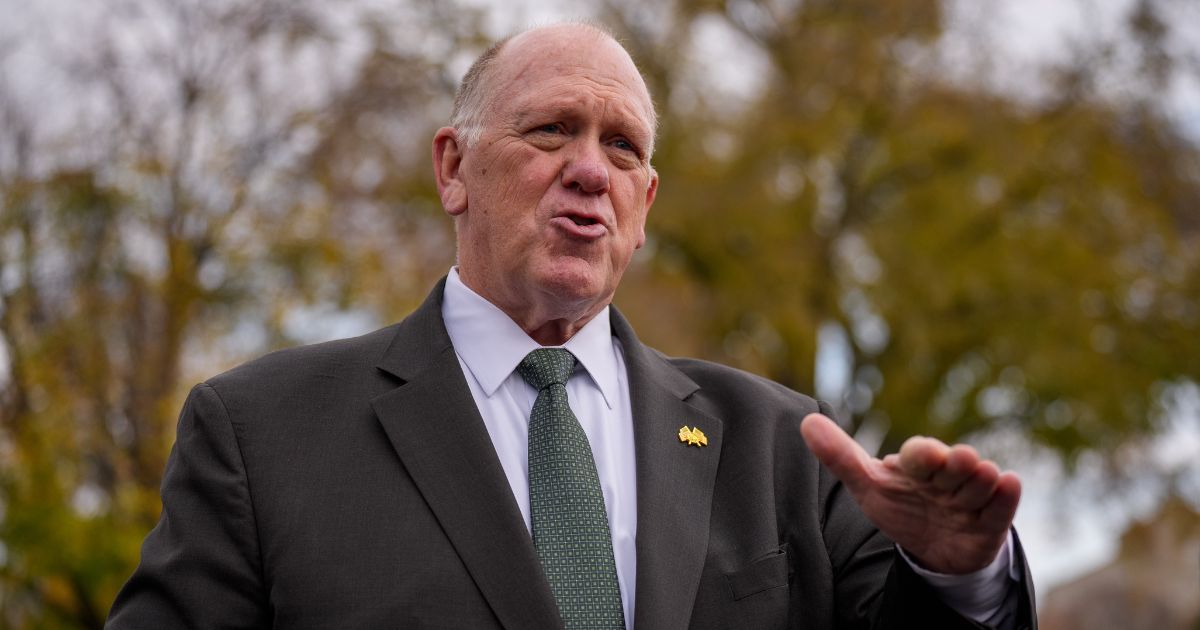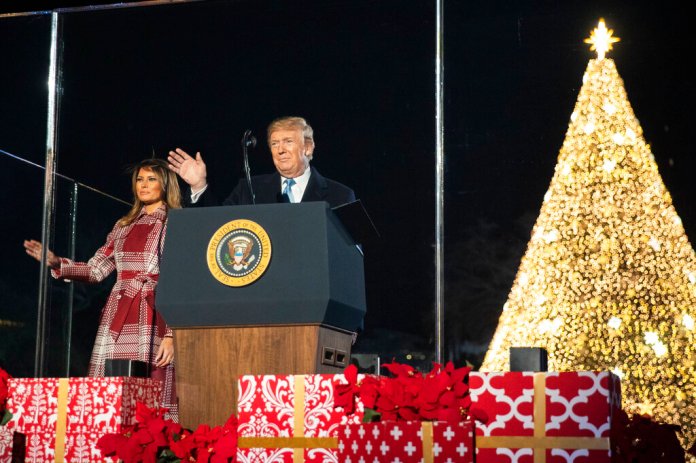South Korean president claims he can’t be prosecuted, authorities seek warrant – Washington Examiner
The article discusses the South Korean president’s claim of prosecution immunity as authorities pursue a warrant against him. The context surrounding the situation is significant, as it raises questions about legal accountability within the government. The article likely highlights the implications of this claim on South Korea’s political landscape and the potential consequences for the president’s governance. Furthermore, the details may explore public response and calls for clarity in governance, though details on thes aspects would require access to the full content.
South Korean president claims prosecution immunity as authorities seek warrant
South Korean authorities requested a warrant to apprehend and detain President Yoon Suk Yeol over his declaration of martial law earlier this month.
The request was made by the Corruption Investigation Office for High-Ranking Officials on Monday. No decision on whether the warrant will be granted has been made public.
The president’s lawyer, Yoon Kap-keun, has argued that while the investigation may be legitimate, there cannot be any possibility of a prosecution.
“An incumbent president cannot be prosecuted for abuse of power,” the president’s lawyer said.
“Of course, there are differing academic opinions on whether a president can be investigated for abuse of power, and some assert that investigations are possible. But even when investigations are allowed, the prevailing opinion is that they should be exercised with the utmost restraint,” the lawyer continued.
Authorities have previously affirmed they will follow through with an arrest warrant if granted.
“If the situation allows, we will attempt to make an emergency arrest or an arrest based on a court warrant,” Corruption Investigation Office for High-Ranking Officials Chief Oh Dong-woon told the parliament last week.
President Yoon declared martial law on Dec. 4, claiming it was necessary to combat North Korean influence in the opposition party and wrangle malicious political actors “paralyzing the functions of the state.”
He rolled that decree back just hours after implementation following an emergency meeting in which the parliament voted to end the emergency.
The National Assembly voted to impeach President Yoon on Dec. 14 after days of public outrage.
He agreed to step aside until a high court decides whether he will be removed from office or reinstated.
Prime Minister Han Duck-soo ascended as acting president but was impeached after just 13 days. Acting President Choi Sang-mok took over the executive office at the end of last week.
" Conservative News Daily does not always share or support the views and opinions expressed here; they are just those of the writer."




